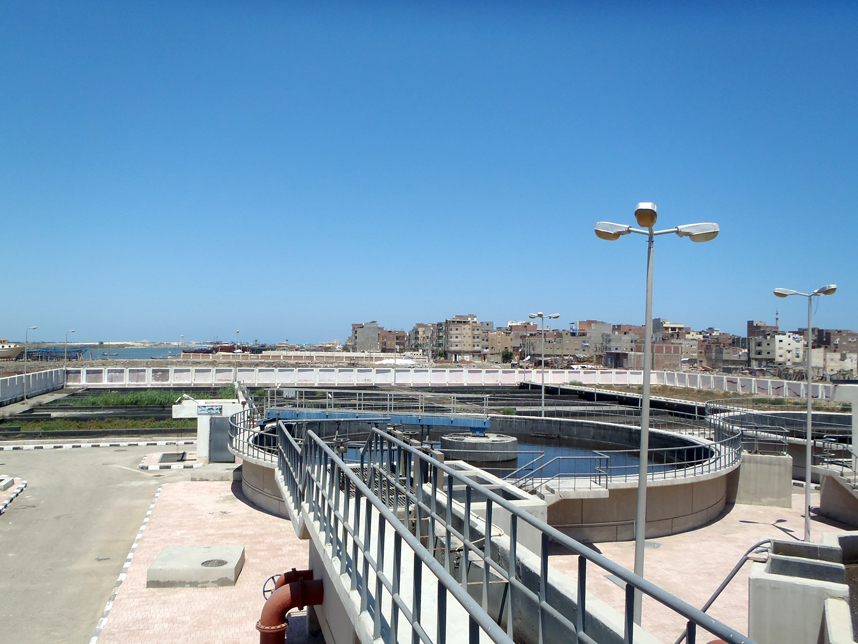Improving civil society knowledge and practice in sustainable water and wastewater management issues in Egypt
Concerns related to wastewater disposal are widespread throughout Egypt. In particular, the Kafr El Sheikh governorate has the highest percentage of bacterial contamination of waters (52.1 per cent), with only 46.8 per cent of households, on average, connected to the public sanitation network. In the districts of Burullus, Desouk and Motobas, this figure is as low as 1.5 per cent. Quantitative data show that sanitation is believed to be one of the most pressing problems in the governorate.
The EBRD’s Kafr El-Sheikh Water Expansion Programme will enable the construction of a new pipeline to provide sanitation for the first time to around 470,000 people in the aforementioned three districts. A CSO capacity building technical cooperation (TC) project linked to this investment is helping the client to enhance local sustainable water and wastewater management practices and improve communication with end-users.
By improving the client’s civil society engagement practices related to sustainable water and wastewater management, the project aims to contribute to a substantial reduction in water related health issues. The project also aims to contribute to the achievement of the Sustainable Development Goals (SDGs), particularly with regards to improved health, access to education and socio-economic livelihoods.


